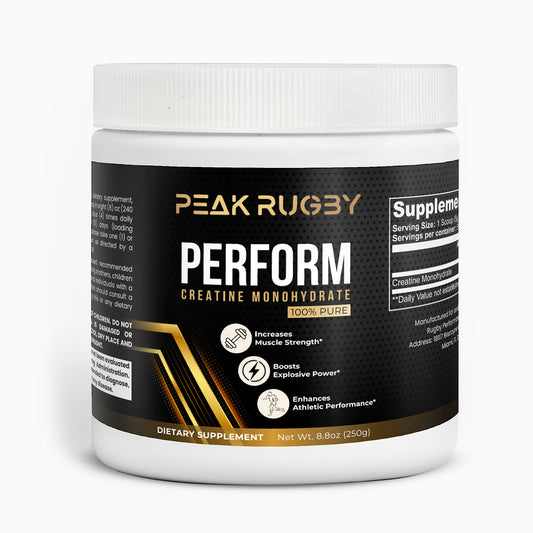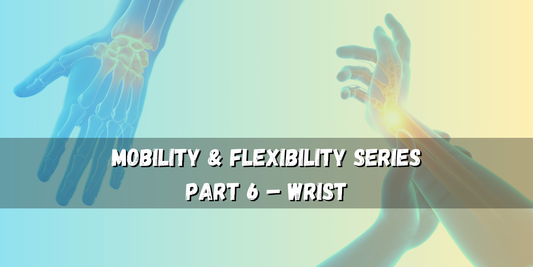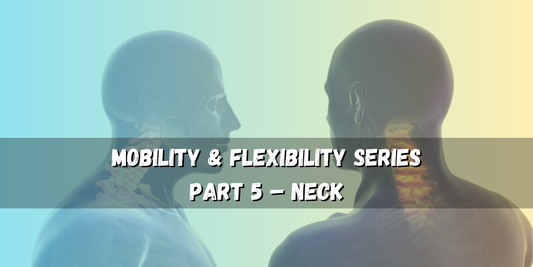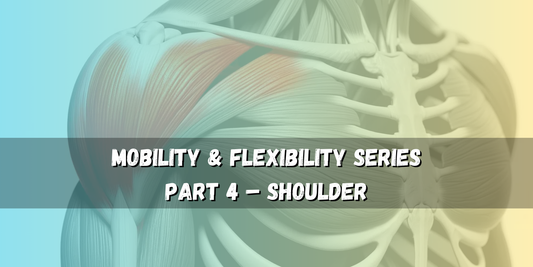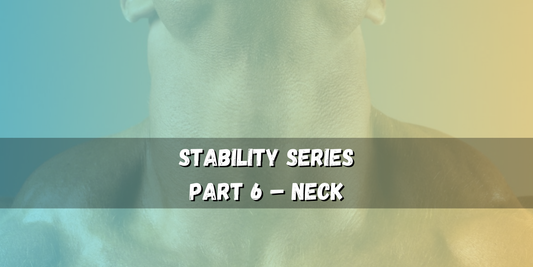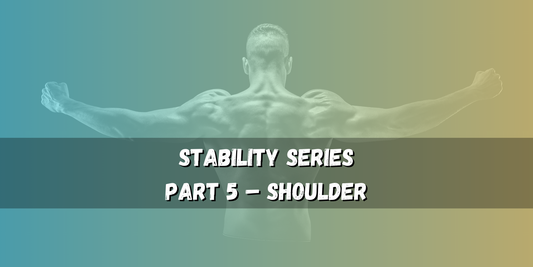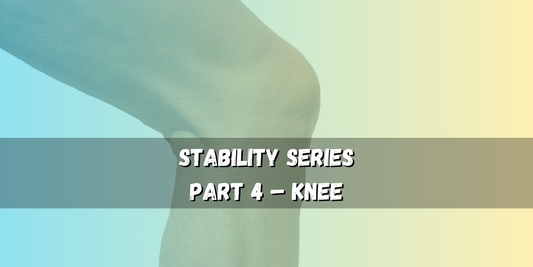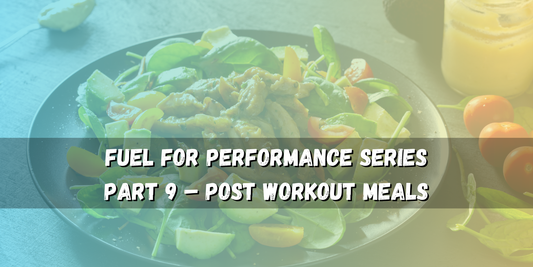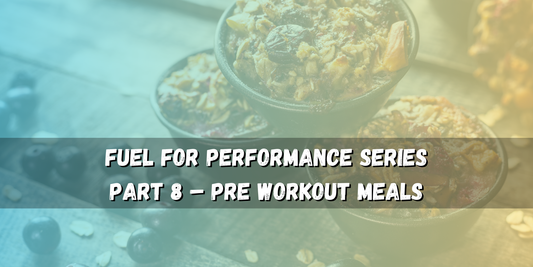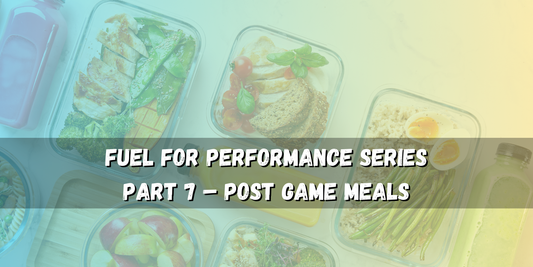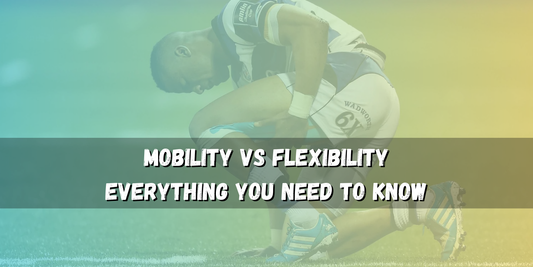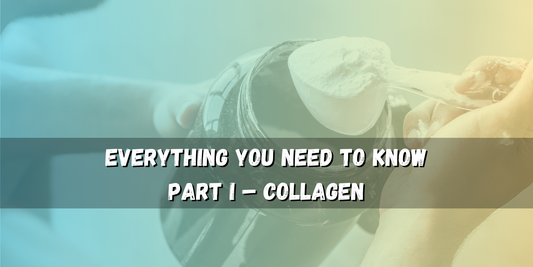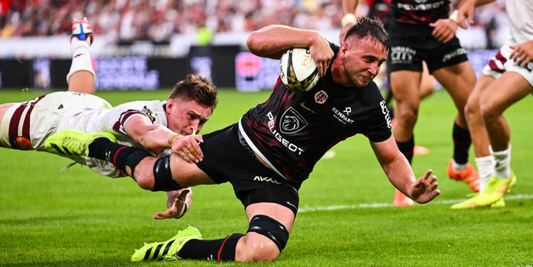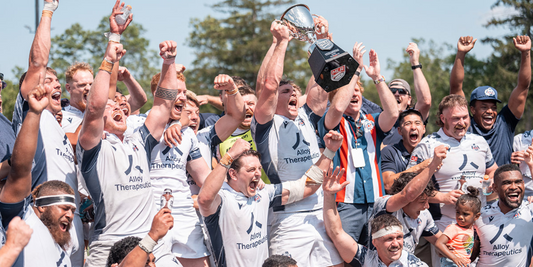When it comes to nutrition, few areas cause more confusion than the “rules” we’ve all heard repeated for years.
Eat every 2–3 hours or your metabolism will slow.
Never eat carbs at night.
Fasted cardio melts fat.
The list goes on.
In this new Nutrition Myths Series, we’re cutting through the noise and breaking down the most common beliefs that might be holding you back.
We’ll look at what the research actually says, how these myths stack up in the real world, and whether you should follow, ignore, or adapt them to fit your goals.
Here’s how the series looks:
- Part 1: Fasted Cardio Burns More Fat — Fact or Fiction?
- Part 2: Eat Every 2–3 Hours — Does It Boost Metabolism?
- Part 3: Eating Fat Makes You Fat — The Real Story
- Part 4: Protein Shakes Hurt Your Kidneys — Science or Scare?
- Part 5: Build Muscle Without Supplements? — Here's the Edge
- Part 6: Skipping Breakfast Kills Metabolism — True of False?
- Part 7: Detox Cleanses Work — Or Just Marketing?
- Part 8: All Sugar Is Bad — What's the Truth?
- Part 9: Low-Calorie Diets Work Fast — But at What Cost?
- Part 10: Organic Is Always Healthier — Yes or No?
- Part 11: Plant-Based Can't Give Enough Protein — Can It?
- Part 12: Late-Night Eating Causes Fat Gain — Myth or Reality?
We’re kicking things off with Part 1: Fasted Cardio Burns More Fat — one of the most popular “hacks” people swear by for fat loss. But does skipping breakfast before your morning workout actually give you an edge, or is it just another overhyped idea?
THE SCIENCE BEHIND FASTED CARDIO
When you wake up after an overnight fast, insulin levels are lower, and glycogen (your body’s stored carbs) is partially depleted.
In this state:
- You may burn a higher percentage of fat for fuel during the workout.
- But this doesn't mean you'll burn more total body fat by the end of the day or week.
Why? Because fat loss comes down to your overall calorie balance, not just what happens in a single workout.
FASTED VS. FED CARDIO — RESEARCH FINDINGS
- Fat burning during the workout can be higher in a fasted state.
- Fat loss overtime is the same if calories and training are equal.
- High-intensity or long-duration sessions often suffer without fuel, leading to less total work done (and fewer calories burned overall).
WHEN FASTED CARDIO MIGHT WORK FOR YOU
- You enjoy morning workouts without eating and still feel strong.
- You’re doing low- to moderate-intensity cardio (walking, easy cycling, light jogs).
- Skipping food before cardio helps you control your total daily calories.
WHEN IT MIGHT BACKFIRE
- You feel weak, lightheaded, or sluggish without breakfast.
- You’re training hard, lifting heavy, or doing sprints — these usually need some pre-workout fuel.
- You’re trying to build muscle — fasted training can increase muscle breakdown if protein isn’t adequate.
BOTTOM LINE
Fasted cardio isn’t magic. It’s simply one tool that works for some people and not for others. If it fits your lifestyle, makes you feel good, and doesn’t hurt performance, it can be fine. If it drains you or limits your training quality, you’re better off fueling up first.
FIND OUT WHAT WORKS BEST FOR YOU
The fastest way to know whether fasted cardio — or any training approach — fits your goals is to understand your personal nutrition needs.
That’s why I offer a free 1-on-1 Nutrition Snapshot where we’ll:
- ✅ Review your current eating habits
- ✅ Calculate your calorie & macro targets
- ✅ Build a fueling plan that matches your training and lifestyle
🔗 Click here to book your free Nutrition Snapshot and stop guessing about what’s “best” — start eating with purpose.
If you found this article helpful, don’t forget to:
- Like and share this post with your teammates and fellow rugby fans
- Bookmark the blog to stay updated on the next rounds
- Follow @gopeakrugby on X and Facebook and subscribe to our Youtube Channel for more rugby analysis, match recaps, and insights



